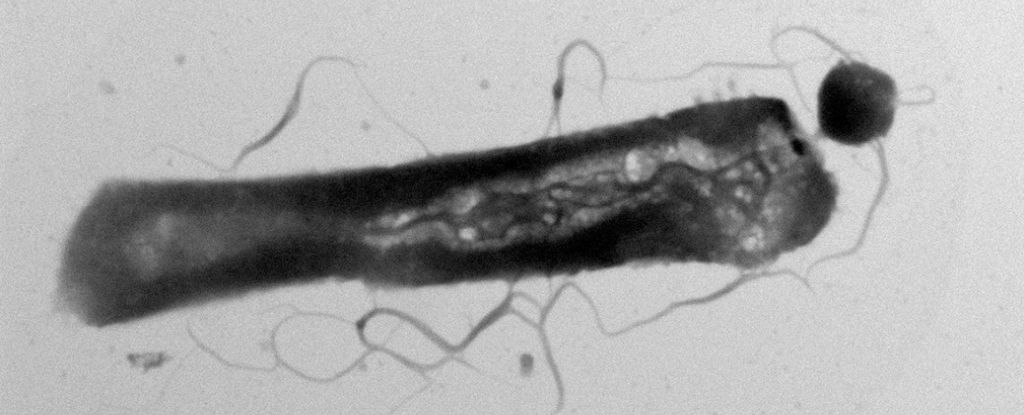IJMS, Vol. 24, Pages 14590: Synthesis and Biological Activity of a New Indenoisoquinoline Copper Derivative as a Topoisomerase I Inhibitor
International Journal of Molecular Sciences doi: 10.3390/ijms241914590
Authors: Caroline Molinaro Nathalie Wambang Sylvain Pellegrini Natacha Henry Marc F. Lensink Emmanuelle Germain Till Bousquet Jérôme de Ruyck Katia Cailliau Lydie Pélinski Alain Martoriati
Topoisomerases are interesting targets in cancer chemotherapy. Here, we describe the design and synthesis of a novel copper(II) indenoisoquinoline complex, WN198. The new organometallic compound exhibits a cytotoxic effect on five adenocarcinoma cell lines (MCF-7, MDA-MB-231, HeLa, HT-29, and DU-145) with the lowest IC50 (0.37 ± 0.04 μM) for the triple-negative MDA-MB-231 breast cancer cell line. Below 5 µM, WN198 was ineffective on non-tumorigenic epithelial breast MCF-10A cells and Xenopus oocyte G2/M transition or embryonic development. Moreover, cancer cell lines showed autophagy markers including Beclin-1 accumulation and LC3-II formation. The DNA interaction of this new compound was evaluated and the dose-dependent topoisomerase I activity starting at 1 μM was confirmed using in vitro tests and has intercalation properties into DNA shown by melting curves and fluorescence measurements. Molecular modeling showed that the main interaction occurs with the aromatic ring but copper stabilizes the molecule before binding and so can putatively increase the potency as well. In this way, copper-derived indenoisoquinoline topoisomerase I inhibitor WN198 is a promising antitumorigenic agent for the development of future DNA-damaging treatments.

 7 months ago
26
7 months ago
26


